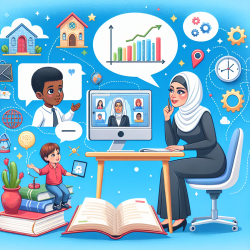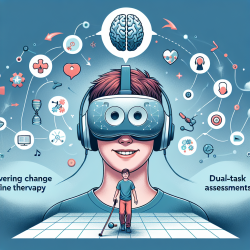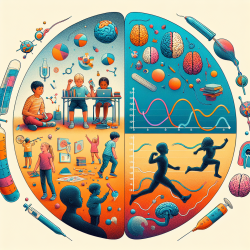Introduction
In the ever-evolving landscape of science, technology, engineering, and mathematics (STEM), the demand for skilled professionals is surging. However, a critical gap persists in the availability of individuals equipped with both technical knowledge and essential interpersonal skills. A recent study titled "Preparing the Next Generation for STEM: Adolescent Profiles Encompassing Math and Science Motivation and Interpersonal Skills and Their Associations With Identity and Belonging" sheds light on this issue. This blog aims to explore how practitioners can leverage these findings to enhance their approach in fostering STEM motivation and interpersonal skills among adolescents.
Understanding the Research
The study conducted a latent class analysis to identify clusters of adolescents based on their math and science motivation and interpersonal skills. Four distinct clusters emerged:
- Lower Motivation and Interpersonal Skills: Adolescents with lower levels of both motivation and interpersonal skills.
- High Motivation and Interpersonal Skills: Adolescents exhibiting high levels of both motivation and interpersonal skills.
- High Motivation and Low Interpersonal Skills: Adolescents with high motivation but lower interpersonal skills.
- Lower Motivation and High Interpersonal Skills: Adolescents with lower motivation but high interpersonal skills.
Notably, the study found that a sense of belonging in STEM programs and a strong STEM identity were significant predictors of membership in the high motivation and interpersonal skills cluster.
Implications for Practitioners
Practitioners can draw valuable insights from these findings to enhance their educational strategies:
- Fostering Belonging: Creating an inclusive and supportive environment in STEM programs can significantly enhance adolescents' motivation and interpersonal skills. Encouraging participation in out-of-school STEM activities can foster a sense of belonging and community.
- Building STEM Identity: Helping adolescents develop a strong STEM identity can be pivotal. This involves making STEM relatable and integral to their self-concept, which can be achieved through positive reinforcement and role models in STEM fields.
- Tailored Interventions: Recognizing the diversity in adolescents' motivation and interpersonal skills allows for tailored interventions. Programs can be designed to address specific needs, whether enhancing motivation or building interpersonal competencies.
Encouraging Further Research
While the study provides valuable insights, it also highlights areas for further exploration. Practitioners are encouraged to engage in ongoing research to better understand the dynamics between motivation, interpersonal skills, and identity in diverse adolescent populations. This can lead to more effective educational practices and policy development.
Conclusion
As we strive to prepare the next generation for the STEM workforce, it is crucial to focus not only on technical skills but also on the interpersonal competencies that are essential for success. By fostering a sense of belonging and building strong STEM identities, practitioners can play a pivotal role in shaping motivated and competent future STEM professionals.
To read the original research paper, please follow this link: Preparing the Next Generation for STEM: Adolescent Profiles Encompassing Math and Science Motivation and Interpersonal Skills and Their Associations With Identity and Belonging.










